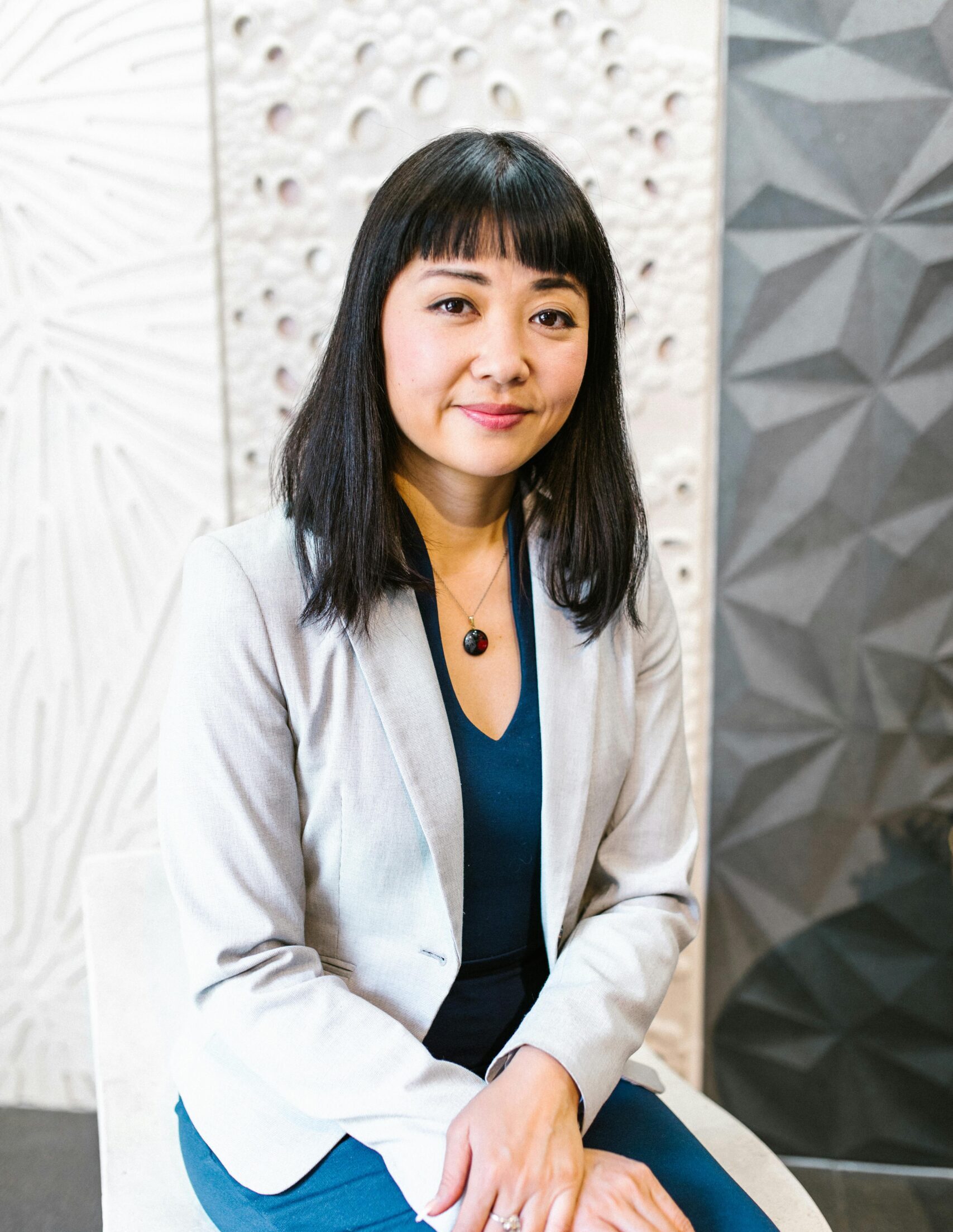Rebuilding Connections, Restoring Love
Relationships are the foundation of our emotional well-being, yet even the strongest bonds face challenges. Whether you’re struggling with communication breakdowns, trust issues, unresolved conflicts, or feeling disconnected, relationship therapy offers a structured and supportive space to heal, understand, and reconnect.
Who Needs Relationship Therapy?
Couples experiencing frequent misunderstandings or conflicts
Partners dealing with trust issues, infidelity, or emotional distance
Individuals struggling with attachment patterns or past relationship trauma
Married couples navigating major life transitions (parenthood, career shifts, etc.)
Anyone seeking deeper intimacy, better communication, and a healthier connection
At Oasis Therapy, we specialize in guiding couples and individuals through these struggles using evidence-based approaches like Gottman Couples’ Therapy, Narrative Therapy, and Family Systems Therapy. We provide a safe space to break negative patterns, rediscover emotional closeness, and build a resilient, fulfilling relationship.
Your relationship deserves healing. Let’s start the journey together.
Frequently Asked Questions
What types of relationship issues do you address?
At Oasis Therapy, we address a wide range of relationship challenges, including:
1. Communication Breakdown
- Frequent misunderstandings and conflicts
- Difficulty expressing emotions and needs
- Feeling unheard or dismissed by your partner
2. Trust and Betrayal Issues
- Infidelity and emotional affairs
- Rebuilding trust after deception or dishonesty
- Insecurity and jealousy affecting the relationship
3. Emotional Disconnection
- Feeling distant or unfulfilled in the relationship
- Loss of intimacy and affection
- Struggles with emotional availability and vulnerability
4. Conflict Resolution Challenges
- Recurring arguments that never get resolved
- Struggles with compromise and negotiation
- Toxic patterns of blame, criticism, or stonewalling
5. Pre-Marital and Commitment Issues
- Uncertainty about long-term commitment
- Differences in values, goals, or expectations
- Managing cultural, religious, or family influences
6. Life Transitions and Stress
- Adjusting to major changes (marriage, parenthood, career shifts)
- Managing external stressors affecting the relationship
- Navigating long-distance or blended family dynamics
7. Toxic or Codependent Relationships
- Unhealthy patterns of control, dependency, or emotional manipulation
- Identifying and setting healthy boundaries
- Healing from past toxic relationship experiences
Our expertise in Cognitive Behavioral Therapy (CBT), Gottman Couples’ Therapy, Family Systems Therapy, Trauma and Inner Child Healing can help you break negative cycles, rebuild trust, and create stronger, healthier connections. If you’re struggling in your relationship, you don’t have to go through it alone.
What approaches do you use in relationship therapy?
At Oasis Therapy, we understand that every relationship is unique, and so are the challenges couples and individuals face. Our team of therapists brings a diverse range of expertise to help you navigate difficulties, strengthen emotional bonds, and rebuild trust.
We offer a variety of evidence-based approaches, including:
Narrative Therapy – Helping you reframe your relationship story and break free from limiting patterns.
Emotionally Focused Therapy (EFT) – Strengthening emotional bonds and fostering deeper intimacy.
Solution-Focused Therapy – Guiding you toward practical solutions and positive change.
Gottman Couples’ Therapy – Utilizing proven techniques to enhance communication, trust, and conflict resolution.
Cognitive Behavioral Therapy (CBT) – Identifying and reshaping negative thought patterns affecting your relationship.
Family Systems Therapy – Addressing intergenerational influences and family dynamics impacting your connection.
Trauma-Informed Therapy – Supporting couples in healing from past wounds that affect their relationship today.
Inner Child Healing – Uncovering and addressing unresolved childhood wounds that may be influencing your relationships, helping you build healthier emotional connections.
No matter what you’re going through, there is a therapist who can provide the guidance and support you need.
Visit our Therapist Profile section to explore our team’s expertise and book an appointment with the therapist that best aligns with your needs. We’re here to listen and help you create a stronger, more fulfilling relationship.
How can relationship therapy benefit us as a couple?
Every relationship goes through challenges, but unresolved issues can lead to deeper disconnection and emotional pain. Relationship therapy provides a safe, structured space to address conflicts, strengthen your bond, and foster long-term relationship growth. Here’s how it can benefit you:
1. Improved Communication
Learn how to express your thoughts, feelings, and needs clearly.
Develop active listening skills to better understand your partner.
Break negative communication cycles like criticism, defensiveness, or stonewalling.
2. Conflict Resolution Skills
Identify and address recurring arguments constructively.
Learn techniques to manage disagreements without escalating into fights.
Shift from blame and resentment to teamwork and problem-solving.
3. Rebuilding Trust and Healing from Betrayal
Work through past betrayals, including infidelity or broken trust.
Reestablish emotional and physical intimacy in a safe, guided process.
Develop strategies to rebuild trust and create a secure relationship foundation.
4. Strengthening Emotional and Physical Intimacy
Rekindle emotional closeness and passion in your relationship.
Understand each other’s love languages and deepen your connection.
Navigate intimacy concerns, including mismatched desires or emotional barriers.
5. Navigating Major Life Transitions
Adjust to significant life changes like marriage, parenthood, career shifts, or relocation.
Manage external stressors that may be impacting your relationship.
Strengthen your partnership as you face new life stages together.
6. Understanding Each Other on a Deeper Level
Explore underlying personal wounds or patterns that affect your relationship.
Address unresolved childhood experiences through Inner Child Healing to build healthier emotional responses.
Develop a greater sense of empathy and appreciation for each other.
7. Creating a Stronger, Healthier Future
Set shared goals and vision for your relationship.
Build lasting habits that promote mutual respect, support, and joy.
Develop tools to maintain a thriving relationship long after therapy ends.
At Oasis Therapy, we provide personalized guidance to help you and your partner reconnect, heal, and grow stronger together.
No matter where you are in your relationship, we’re here to support you.
Can relationship therapy help if only one partner is willing to attend?
Yes, absolutely. While relationship therapy is most effective when both partners participate, individual therapy can still create positive changes in the relationship—even if only one person is willing to attend.
How Can Individual Therapy Improve a Relationship?
1. Enhancing Self-Awareness
-
Understand your own emotions, triggers, and behaviors in the relationship.
-
Gain insight into unhealthy patterns and how to shift them.
2. Improving Communication Skills
-
Learn new ways to express yourself and navigate conflicts more constructively.
-
Develop better listening and response techniques that encourage openness in your partner.
3. Breaking Negative Cycles
-
Address reactions like defensiveness, criticism, or shutting down.
-
Make mindful changes that influence the overall dynamic of the relationship.
4. Healing from Past Wounds
-
Work through personal trauma or unresolved issues that impact your connection.
-
Engage in Inner Child Healing to better understand how past experiences shape your relationship behavior.
5. Creating Change Through Example
-
When one partner begins to grow emotionally and communicate differently, it often inspires the other to follow.
-
Shifting your approach can encourage a healthier, more positive response from your partner.
While couples therapy is ideal, change in one person can still transform a relationship. If your partner isn’t ready, you can still take the first step toward a healthier, stronger connection.
At Oasis Therapy, we’re here to support you—no matter where you are in your journey.
How long does relationship therapy usually take?
The duration of relationship therapy can vary depending on the nature and complexity of the issues you’re facing, as well as your goals for therapy. However, here are some general guidelines to help you understand what to expect:
1. Short-Term Therapy (8-12 Sessions)
-
For specific issues or challenges (e.g., communication breakdowns, conflict resolution).
-
Typically focused on resolving a specific concern or achieving a clear, achievable goal (e.g., improving communication or rebuilding trust).
-
Often involves learning practical tools and strategies that can be implemented in the relationship.
2. Medium-Term Therapy (3-6 Months)
-
For deeper, more complex issues, such as infidelity, trauma, or long-standing relationship patterns.
-
Focuses on understanding underlying emotional needs and creating sustainable change.
-
Allows more time for couples to practice new skills and integrate changes into their daily interactions.
3. Long-Term Therapy (6+ Months)
-
For couples facing significant challenges, such as unresolved trauma, chronic conflict, or deep emotional disconnection.
-
Provides space for healing from past wounds, building emotional intimacy, and addressing deep-rooted issues.
-
This can be a more comprehensive process of transformation that may include individual therapy alongside couples work.
What Influences the Length of Therapy?
-
The complexity of the issues you’re addressing.
-
Your goals and commitment to the process.
-
The frequency of sessions (weekly, bi-weekly, or monthly).
-
Progress and engagement in between sessions.
At Oasis Therapy, we offer personalized treatment plans tailored to your needs. Whether you’re looking for quick strategies or long-term support, our therapists are here to guide you every step of the way.
Therapy is a process, and we’re here to support you, no matter how long it takes to achieve the results you’re seeking.





